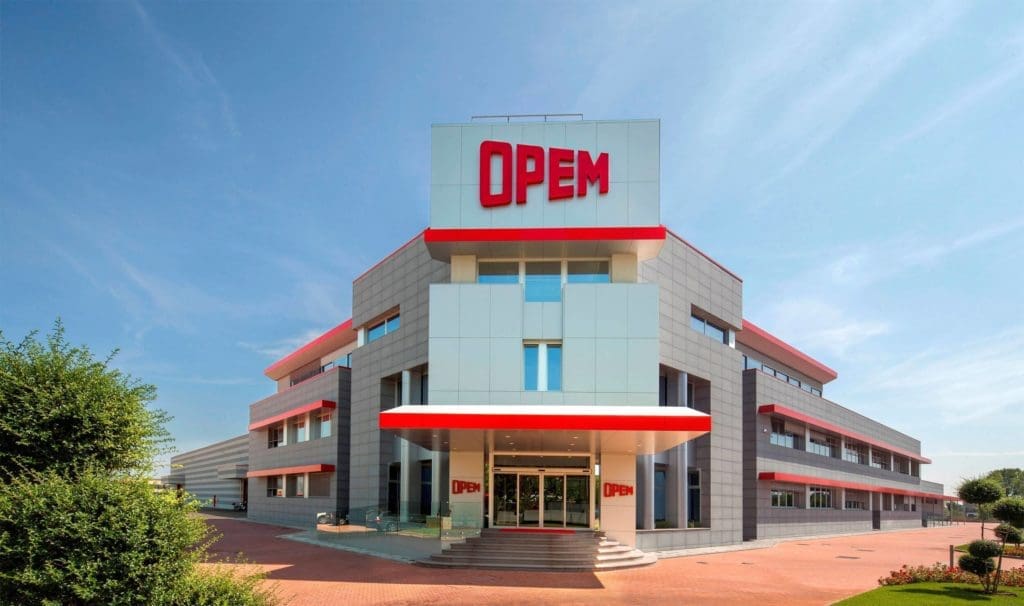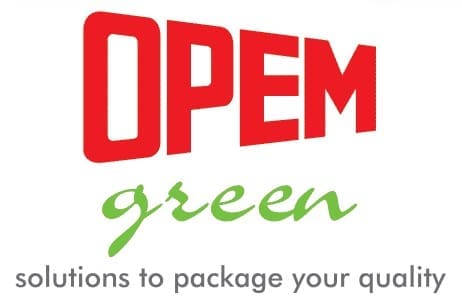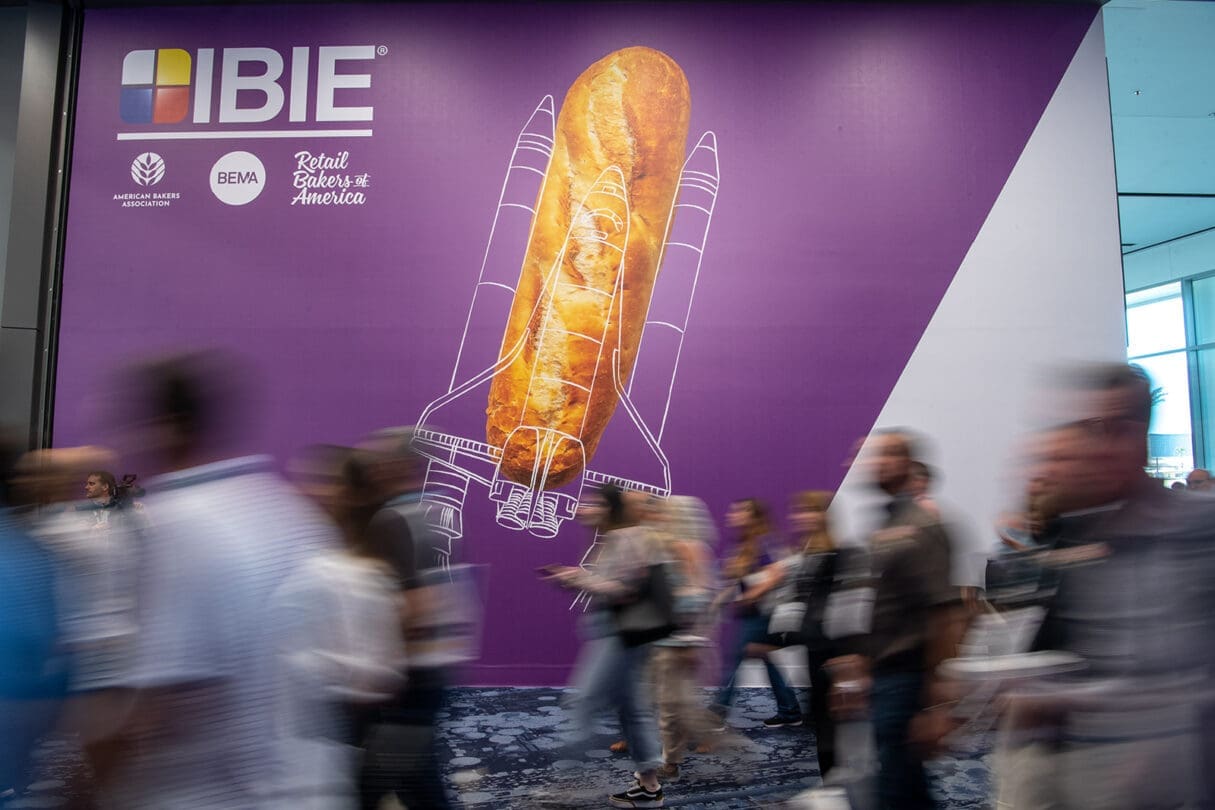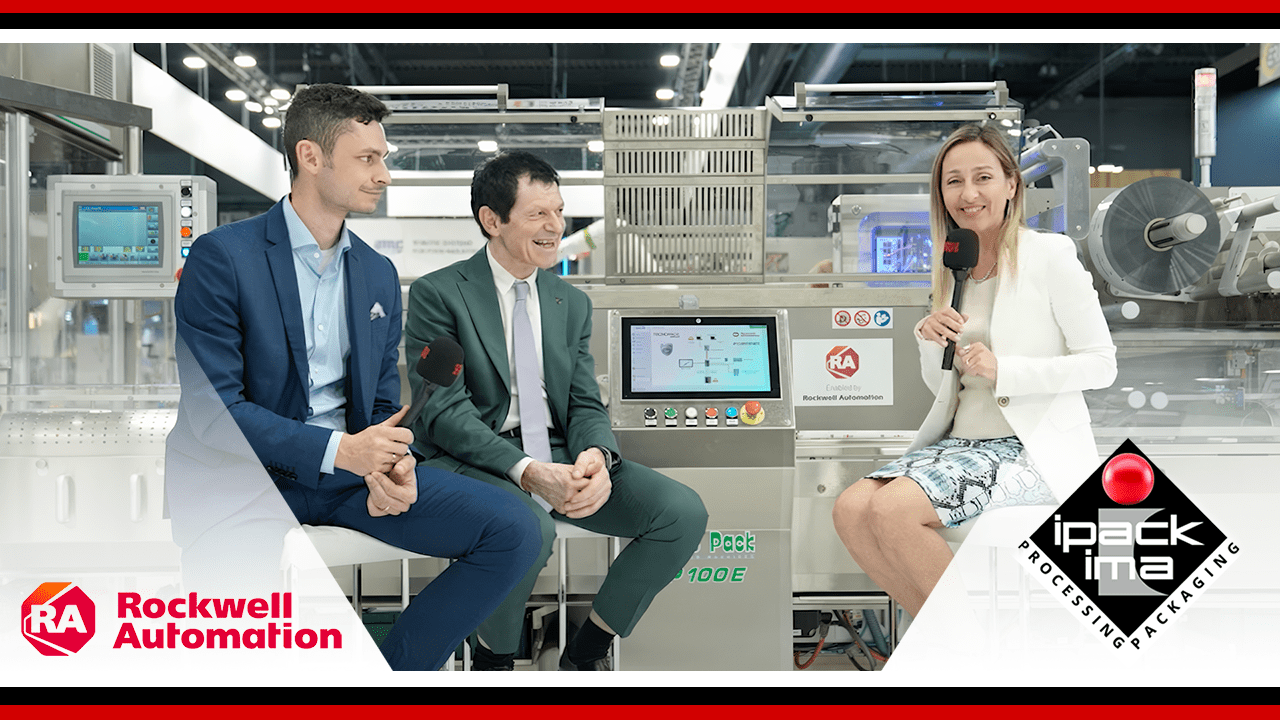In the market packaging, the current trend is an increasing preference for sustainable products. However, this trend imposes the need for greater operational flexibility for companies in the sector. Elena Binacchi’s analysis and experience
According to research by Nomisma’s Largo Consumo Packaging Observatory, in 2021, more than half the population of Italy (65 per cent) said that they would regularly buy products with less packaging in the next 12 months, while 59 per cent said they would buy products with sustainable packaging.
Added to this is the growing importance of brand-oriented packaging, which is capable of visually displaying the key concepts of the brand personality, and customisation, which inspires us to keep finding new ways to present the product and make it valuable for the final user.

“These are market requirements that have a direct impact on the packaging solutions adopted by manufacturers and distributors, despite very high innovation and implementation costs.” This is explained by Elena Binacchi, marketing and communication manager of the Emilia-based Opem Spa. “In this sense” – Binacchi continues – “Opem can count on great operational flexibility combined with a craftsmanship approach: with almost 50 years in the food packaging business, the company enables both large companies and SMEs to respond effectively to the demands of an increasingly global and competitive packaging market.”
In other words, the role that packaging plays today is definitely central. “The choice of packaging today directly influences production, distribution, research and development, sales, through to accounting and finance,” Binacchi explains.
“In particular, brands or distributors are increasingly requiring strong customisation and a solid sustainability strategy from their production partners, so as not to risk conveying messages that are not very attentive to social and environmental issues. Manufacturers, especially SMEs, may find themselves unprepared if they do not invest adequately in product design to meet these stringent market requirements. But above all, the packaging is nowadays an integral part of the offer, in fact packaging acts as the main means of triggering preference for any particular product: this is why it is often referred to as the ‘silent salesman’. Customised packaging, therefore, represents an opportunity to build consumer loyalty, consolidate consumer brand perception and differentiate oneself from the competition.”
In all this, the aspect of environmental, but also social, sustainability takes on a significance that even the most distracted or skeptical person can no longer ignore. “As far as Opem is concerned” – says Binacchi – “we are not merely talking about a production line, rather it is a green policy, a philosophy we want to pursue. For us, the choice to be a green company means orienting the entire production activity, from design to individual processes, as well as from in-house manufacturing to the choice of machinery, towards a drastic reduction in consumption, high energy efficiency and a concrete valorisation of space”

Today, the Emilia-based company also has branches in the United States, Brazil and Asia “and continues to operate at excellent technological levels while preserving the craftsmanship of its products” Binacchi adds. This enables highly customised production lines, designed according to the needs of the customer, be it a large customer or an SME. The keystone of Opem’s strategy to meet market needs is its ability to interface with any upstream and downstream supplier in the supply chain, without partnership preclusions, and then take on the role of a project manager to coordinate the design and release of the complete line.
In particular, this operational flexibility not only allows freedom of choice to customers, large or small, but also enables Opem to realize advanced packaging solutions that would probably be unthinkable in more traditional contexts, bound only to certain suppliers, such as capsules of unusual shapes or the open-and-close bag for pet food, or even the adaptation of a packaging machine to the specific case of large biscuits. While, typically, the mix of high technology and extensive customisation would require a considerable economic investment, that is often not justifiable for a single production line, Opem, thanks to its enormous customisation experience, succeeds in reducing engineering costs compared to other, more structured competitors, and is able to provide a high-quality, advanced solution even for small companies.”





